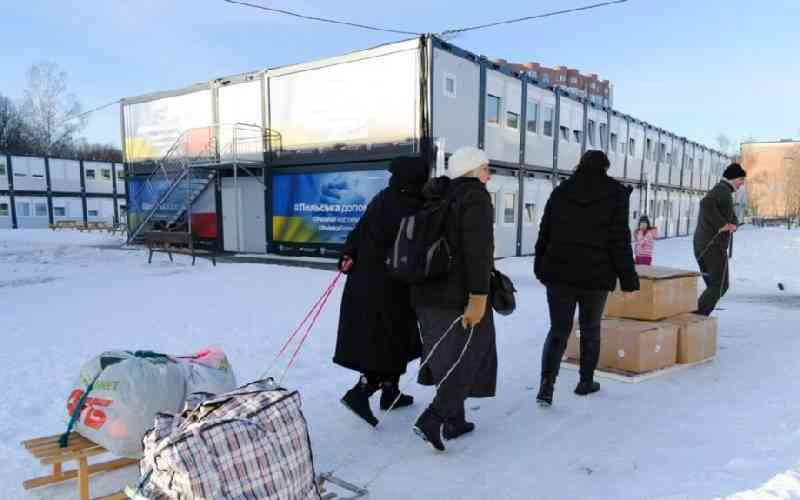Let's flip the coin. If a country like Kenya had been suspected of being behind a deadly missile attack that downed a plane and killed all on board, chances are that global fury wouldn't be as muted as has been the case for Russia. When the Malaysia Airlines Flight 17 was shot down over Eastern Ukraine, subsequent analyses seemed to point to Russian-backed rebels.
Although there has been no conclusive investigation, US Secretary of State John Kerry unequivocally said there had been a buildup of extraordinary circumstantial evidence that held the Russian-backed rebels responsible for shooting down the Malaysian plane. He went on to state that, 'Russia is supporting these separatists. Russia is arming these separatists. Russia is training these separatists, and Russia has not yet done the things necessary in order to try to bring them under control.'
Kerry's words were echoed by Samantha Power, the US's Permanent Representative to the United Nations.
Let's flip that coin again. If these accusations were being levelled against Kenya as opposed to Russia, would the global response, particularly from the European Union be as muted? Chances are the answer to this is a resounding No. The glaring difference between Russia and other countries like Kenya is that Russia is to the fossil fuels sector what Germany is to football and what Kenya and Ethiopia are to mid and long distance running.
Russia is among the largest producers of oil, has the second largest coal reserves and is the largest exporter of natural gas. It is, therefore, an undisputed petroleum superpower. Due to the world's over-reliance on petroleum, countries like Russia end up receiving preferential treatment.
Although green energy is still a David as compared to the Goliath that fossil fuels are, it has the potential of not only ensuring cleaner energy, but also realigning the geo-political chessboard. Renewable energy currently contributes only 11 per cent to global energy consumption. This is projected to increase to merely 15 per cent by 2040. If increment of this percentage is further fast tracked, and it can, reliance on fossil fuels will decrease, thus weakening the role of oil on the geo-political chessboard.
Hydro-power, biomass, biofuels, wind, geothermal, and solar are, therefore, not just renewable forms of energy to be lauded in green circles; they are also potential tools of peace and security that will confer more independence of thought and action to nations that increasingly utilise them and lean less on fossil fuels.
In the words of Ban Ki-moon, the UN Secretary General, "Energy is the golden thread that connects economic growth, environmental health, social fairness and opportunity." On its part renewable energy is the golden thread that can connect to more peace and security.
 The Standard Group Plc is a
multi-media organization with investments in media platforms spanning newspaper
print operations, television, radio broadcasting, digital and online services. The
Standard Group is recognized as a leading multi-media house in Kenya with a key
influence in matters of national and international interest.
The Standard Group Plc is a
multi-media organization with investments in media platforms spanning newspaper
print operations, television, radio broadcasting, digital and online services. The
Standard Group is recognized as a leading multi-media house in Kenya with a key
influence in matters of national and international interest.
 The Standard Group Plc is a
multi-media organization with investments in media platforms spanning newspaper
print operations, television, radio broadcasting, digital and online services. The
Standard Group is recognized as a leading multi-media house in Kenya with a key
influence in matters of national and international interest.
The Standard Group Plc is a
multi-media organization with investments in media platforms spanning newspaper
print operations, television, radio broadcasting, digital and online services. The
Standard Group is recognized as a leading multi-media house in Kenya with a key
influence in matters of national and international interest.








